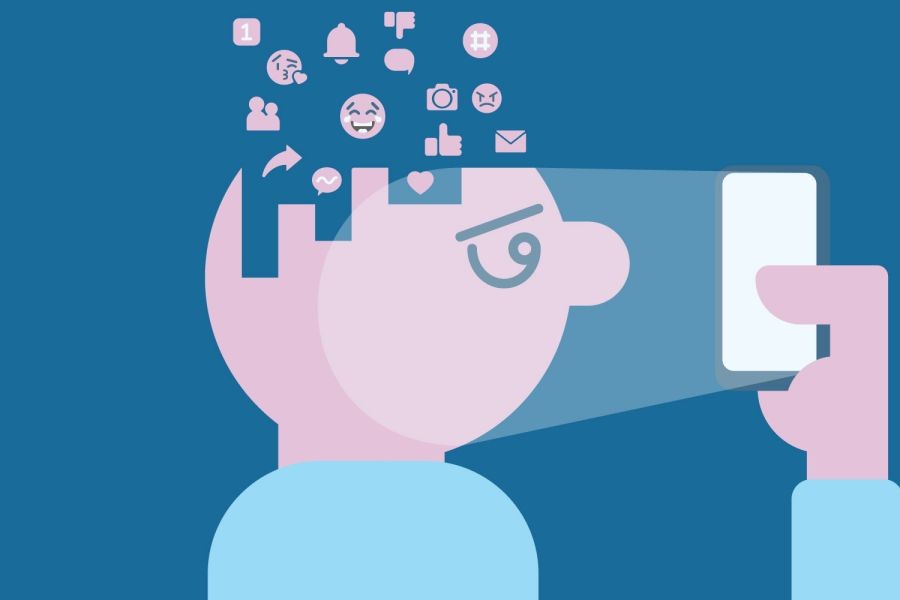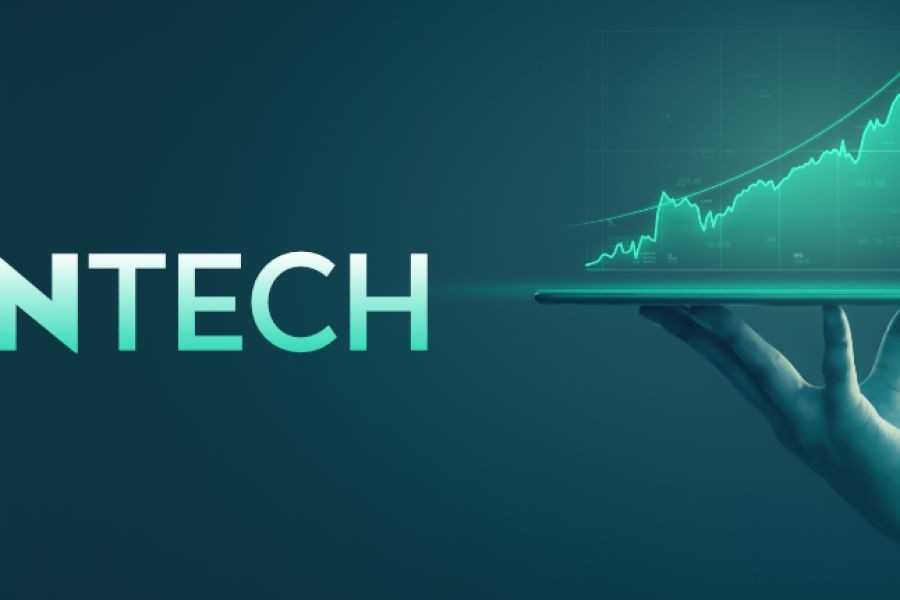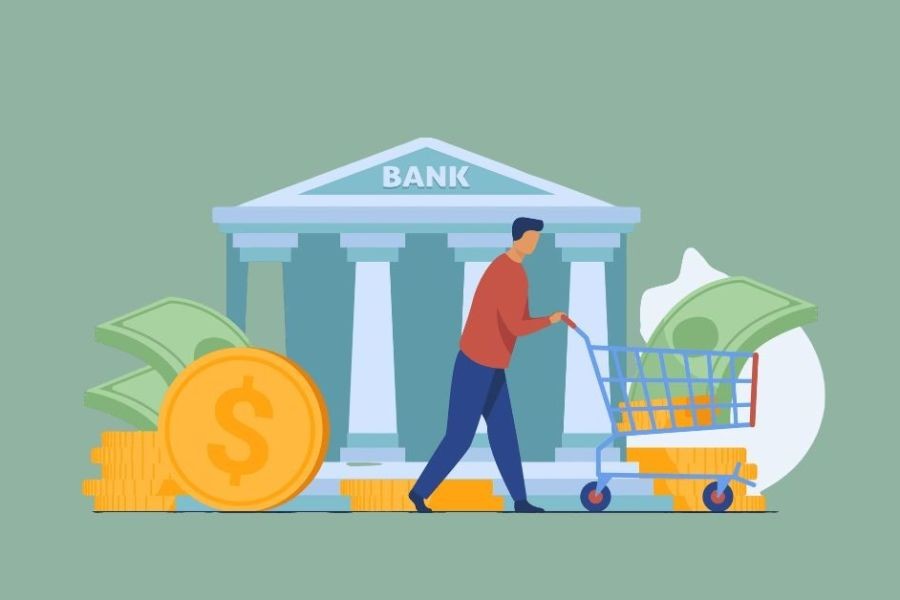In today's digitized world, identity theft is a growing concern, with cybercriminals constantly finding new ways to exploit personal and financial information. This risk has prompted individuals and businesses to seek protective measures, among which dark web monitoring and credit monitoring have emerged as prominent solutions. With Australia's fintech landscape rapidly evolving, it's crucial to understand which of these tools offers the best defense against identity theft. This article will explore the nuances of both monitoring systems, assess their effectiveness, and offer insights tailored to the Australian context.
Understanding Dark Web Monitoring
Dark web monitoring involves scanning the dark web for stolen personal information such as Social Security numbers, email addresses, and bank account details. This tool alerts users if their data appears in suspicious activities, enabling them to take immediate action to mitigate potential damage.
In Australia, the significance of such monitoring is underscored by the Australian Cyber Security Centre's (ACSC) reports, which highlight an increase in cybercrime activities. With over 67,500 cybercrime reports in the 2022-23 financial year—a 13% increase from the previous year—dark web monitoring becomes an essential tool for preemptive defense.
Credit Monitoring Explained
Credit monitoring, on the other hand, focuses on tracking changes in one's credit report. This includes alerts for new accounts opened, changes in credit limits, and inquiries made by lenders. By keeping tabs on these activities, individuals can quickly identify unauthorized transactions that may indicate identity theft.
In the Australian context, credit monitoring is particularly relevant given the country's robust consumer credit market. According to the Reserve Bank of Australia, household credit outstanding rose by 4.7% in 2022, reflecting the importance of maintaining a secure credit profile.
Comparative Analysis: Dark Web vs. Credit Monitoring
Pros and Cons of Dark Web Monitoring
- Pro: Provides early detection of compromised information before it's used for fraud.
- Pro: Offers peace of mind by continuously scanning the web for data breaches.
- Con: Limited to information that appears on the dark web; may not cover all threats.
- Con: Does not provide direct protection or recovery options post-breach.
Pros and Cons of Credit Monitoring
- Pro: Alerts users to changes in their credit report, which can indicate identity theft.
- Pro: Often includes insurance for identity theft recovery.
- Con: Reacts to changes after they occur, potentially allowing damage to happen.
- Con: Does not prevent initial data theft or misuse.
Real-World Case Study: Australian Business Perspective
Let's consider the case of an Australian online retail company that experienced a data breach in 2023. The breach resulted in the exposure of customer credit card information, leading to unauthorized transactions totaling over AUD 200,000. The company implemented dark web monitoring as part of its cybersecurity overhaul, enabling them to detect and respond to subsequent threats promptly. This proactive measure not only safeguarded their reputation but also saved potential future losses.
Regulatory Insights: Australia's Approach to Identity Protection
The Australian Competition & Consumer Commission (ACCC) and the Australian Prudential Regulation Authority (APRA) play critical roles in shaping policies that protect consumers against identity theft. For instance, the ACCC's Scamwatch initiative offers valuable resources for consumers to recognize and report identity theft, while APRA's regulations ensure that financial institutions implement robust cybersecurity measures.
Future Trends: The Evolution of Identity Protection
Looking ahead, the intersection of technology and regulation will continue to shape the landscape of identity protection in Australia. By 2026, it's anticipated that advancements in artificial intelligence and machine learning will enhance the capabilities of both dark web and credit monitoring systems, providing more comprehensive and real-time protection.
Additionally, increased collaboration between fintech companies and regulatory bodies will likely result in more integrated solutions, offering a seamless experience for consumers seeking to safeguard their identities.
Common Myths About Identity Theft Prevention
- Myth: Identity theft only happens to people who are careless with their personal information.
- Reality: Even the most vigilant individuals can fall victim to sophisticated cyber attacks. The ACCC reports that many scams target individuals through seemingly legitimate communication channels.
- Myth: Credit monitoring is enough to prevent identity theft.
- Reality: While credit monitoring is crucial, it doesn't prevent the initial theft of information. A multi-layered approach, including dark web monitoring, is necessary for comprehensive protection.
Biggest Mistakes to Avoid in Identity Protection
- Relying solely on one form of monitoring. A combination of tools offers the best protection.
- Ignoring alerts from monitoring services, assuming they are false positives.
- Failing to regularly update passwords and security questions across multiple platforms.
- Underestimating the importance of educating employees and family members about phishing scams and cybersecurity practices.
Conclusion
Ultimately, both dark web and credit monitoring systems serve vital roles in the fight against identity theft. For Australians, leveraging a combination of these tools, supported by strong regulatory frameworks and informed by local fintech developments, represents the most effective strategy for safeguarding personal and financial information. As the digital landscape continues to evolve, staying informed and proactive will be key to maintaining security and peace of mind.
Final Takeaways
- Dark web monitoring provides early detection of data breaches.
- Credit monitoring offers alerts on changes in financial activities.
- Combining both tools with regulatory insights ensures comprehensive protection.
- Stay informed about industry trends to adapt to evolving threats.
People Also Ask (FAQ)
How does identity theft impact businesses in Australia?
Identity theft can lead to financial losses, reputational damage, and regulatory penalties for Australian businesses. Proactive monitoring can mitigate these risks.
What are the biggest misconceptions about identity theft prevention?
Many believe credit monitoring alone is sufficient, but comprehensive protection requires dark web monitoring and cybersecurity education.
What are the best strategies for implementing identity protection?
Experts recommend using a combination of dark web and credit monitoring, updating security protocols, and educating stakeholders about cyber threats.
Related Search Queries
- Dark web monitoring services in Australia
- Credit monitoring benefits
- Identity theft prevention tips
- Australia's cybersecurity policies
- How to protect personal information online
































vipwilliemae34
14 days ago